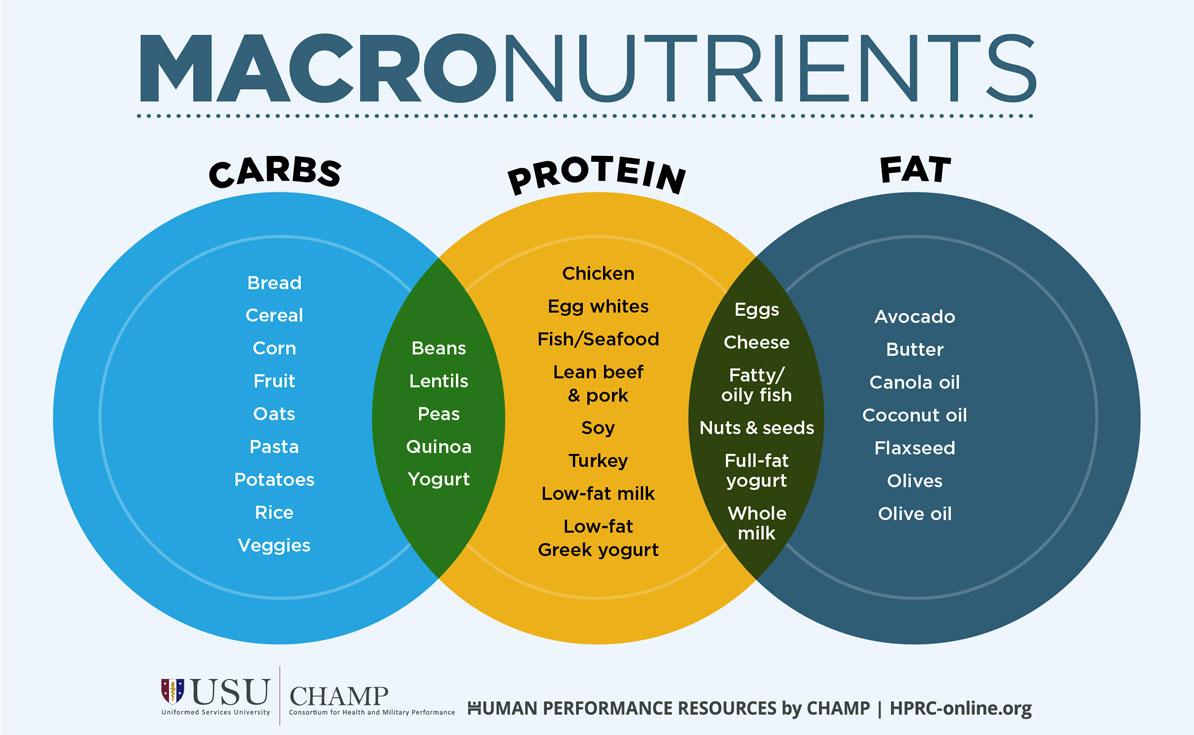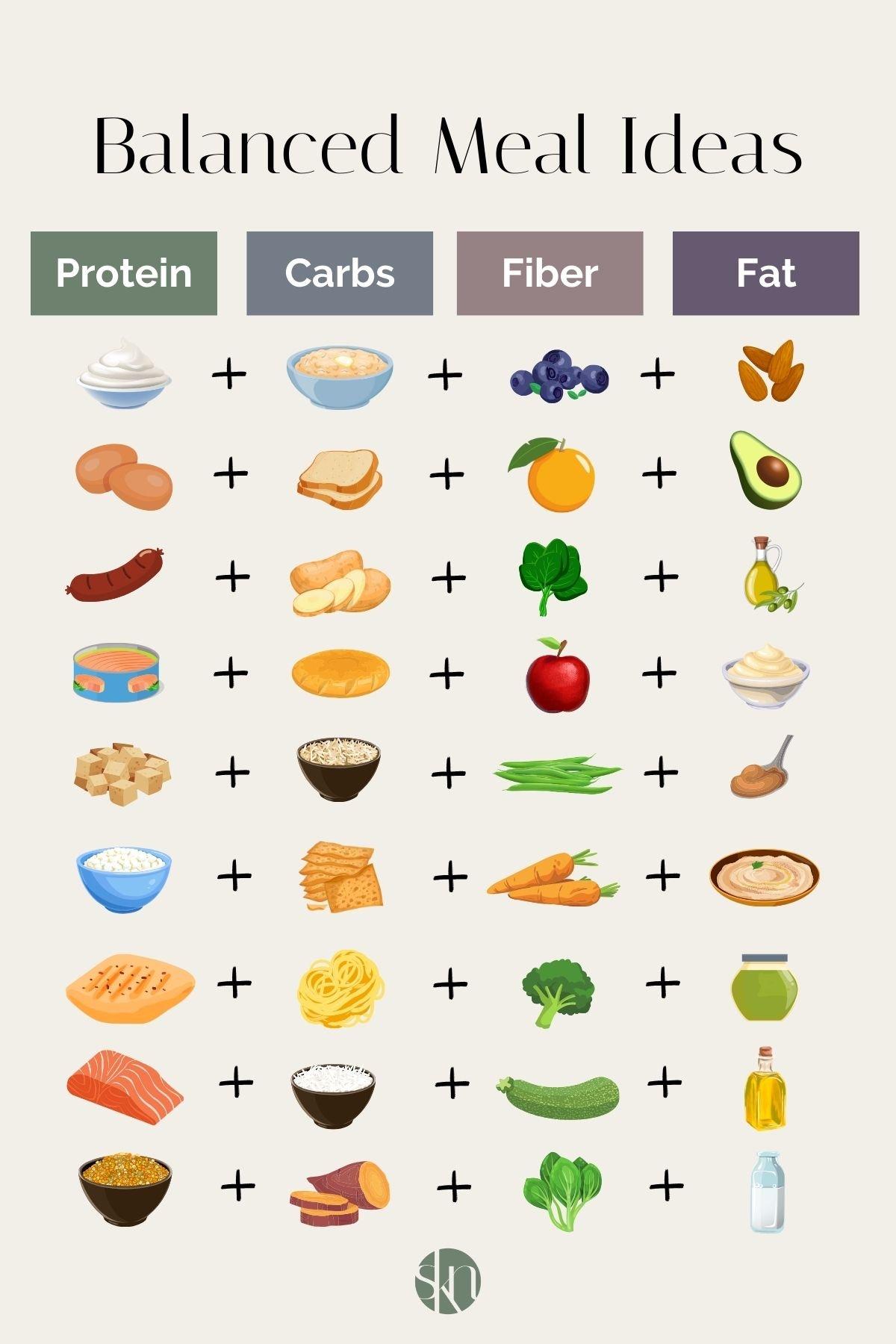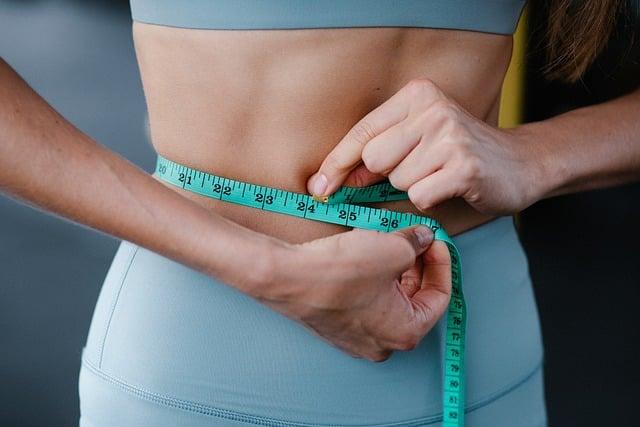Achieving the dual goals of sustainable weight loss and nutrition-diet/how-to-eat-clean-for-better-muscle-gains/” title=”how to eat clean for better muscle gains”>muscle gain can often feel like walking a tightrope, but with the right approach, it is entirely within reach. In this guide, we will unravel the science and strategies behind eating for both fat loss and muscle development, emphasizing a balanced and sustainable approach. By understanding the intricate relationship between nutrition, metabolism, and exercise, you can tailor your diet to fuel your workouts, support recovery, and maintain your progress over the long term. Whether you’re a seasoned athlete or just embarking on your fitness journey, these principles will empower you to make informed dietary choices that align with your goals. Prepare to transform your eating habits with confidence, as we explore the essential components of a diet that supports both a leaner physique and enhanced muscle definition.
Understanding Macronutrients for Optimal Results
To effectively manage your weight and build muscle, it’s essential to understand the role of macronutrients: proteins, carbohydrates, and fats. Each macronutrient plays a unique role in the body and contributes to your overall fitness goals. Here’s a breakdown of how to incorporate them into your diet for sustainable progress:
- Proteins: These are the building blocks of muscle tissue. Aim to include lean protein sources like chicken, fish, tofu, or legumes in every meal. Consuming sufficient protein helps repair and grow muscle fibers, particularly after strength training.
- Carbohydrates: Often misunderstood, carbs are crucial for energy. Opt for complex carbohydrates such as whole grains, vegetables, and fruits to fuel your workouts and daily activities. They provide a steady energy release, which is essential for maintaining performance and focus.
- Fats: Don’t shy away from healthy fats. Include sources like avocados, nuts, seeds, and olive oil. Fats are important for hormone production and can aid in the absorption of vitamins, all of which support muscle growth and recovery.
Balancing these macronutrients according to your body’s needs and activity levels can lead to more effective weight management and muscle gain. Adjust your intake based on your specific goals and monitor your progress for optimal results.

Crafting a Balanced Meal Plan for Sustainable Progress
When aiming for sustainable weight loss and muscle gain, it’s essential to design meals that nourish your body while aligning with your fitness goals. A balanced meal plan should include a variety of macronutrients and micronutrients to support your energy levels and recovery. Here are some key components to consider:
- Proteins: Incorporate lean sources such as chicken, fish, tofu, and legumes. Proteins are crucial for muscle repair and growth.
- Carbohydrates: Choose complex carbs like whole grains, quinoa, and sweet potatoes. They provide the necessary energy for workouts and daily activities.
- Fats: Include healthy fats from avocados, nuts, and olive oil. Fats support hormone production and overall health.
- Vegetables and Fruits: Add a colorful array of veggies and fruits to ensure a rich intake of vitamins and minerals.
Remember, consistency is key. By mindfully crafting each meal, you create a sustainable approach that fuels both weight loss and muscle development, ensuring long-term success and a healthier lifestyle.

Incorporating Strength Training and Recovery into Your Routine
Integrating strength training into your routine is essential for achieving sustainable weight loss and muscle gain. To maximize your results, it’s crucial to balance your workouts with proper recovery techniques. Here are some key strategies to consider:
- Progressive Overload: Gradually increase the weight or resistance in your workouts to continuously challenge your muscles. This promotes growth and prevents plateaus.
- Variety in Exercises: Incorporate different exercises targeting various muscle groups to ensure balanced development and prevent overuse injuries.
- Rest Days: Schedule regular rest days to allow your muscles to repair and grow. This is just as important as the workout itself for building strength.
- Active Recovery: Engage in light activities like walking or yoga on rest days to keep blood flowing and aid in muscle recovery.
- Hydration and Nutrition: Support your recovery with adequate hydration and a balanced diet rich in proteins, healthy fats, and carbohydrates to fuel muscle repair.
By thoughtfully incorporating these elements, you create a balanced routine that supports both your weight loss and muscle gain goals, ensuring long-term success and health.
Harnessing the Power of Consistency and Mindful Eating
Achieving sustainable weight loss and muscle gain hinges on two fundamental principles: consistency and mindful eating. Embracing a consistent routine ensures that your body adapts to and thrives on healthy habits, creating a foundation for long-term success. Focus on regular meal timing and balanced nutrition, ensuring your body receives the fuel it needs to repair and grow muscles while shedding excess fat. Consistency isn’t just about what you eat; it’s about how you integrate these habits into your daily life, turning them into second nature.
Mindful eating is your ally in this journey, fostering a deeper connection with your body’s needs and hunger signals. It encourages you to savor each bite, paying attention to flavors and textures, which can prevent overeating and enhance satisfaction. Consider the following mindful eating practices:
- Listen to Your Body: Eat when you’re hungry and stop when you’re full.
- Slow Down: Take time to chew and appreciate your food, which aids digestion.
- Focus on Nutrient-Dense Foods: Prioritize foods rich in protein, healthy fats, and complex carbohydrates.
- Limit Distractions: Avoid screens and multitasking while eating to fully engage with your meal.
By marrying consistency with mindfulness, you create a sustainable approach that not only supports weight loss and muscle gain but also enriches your overall relationship with food.




